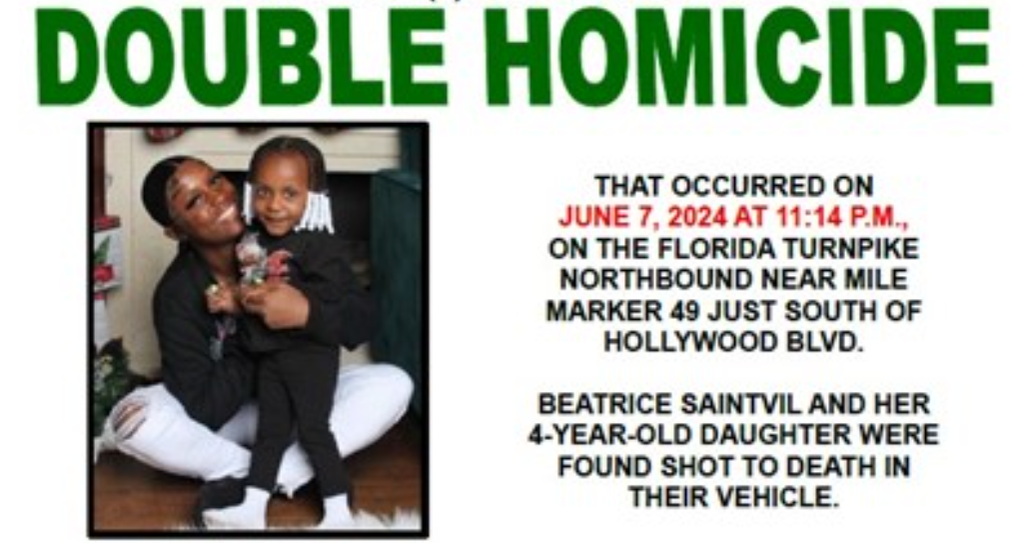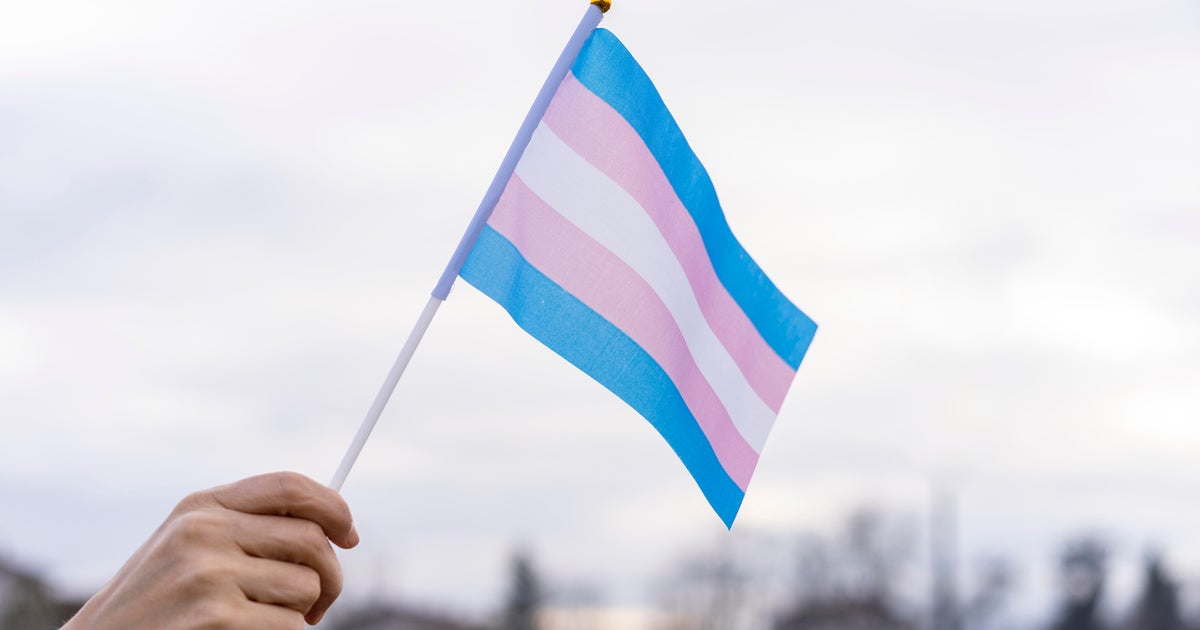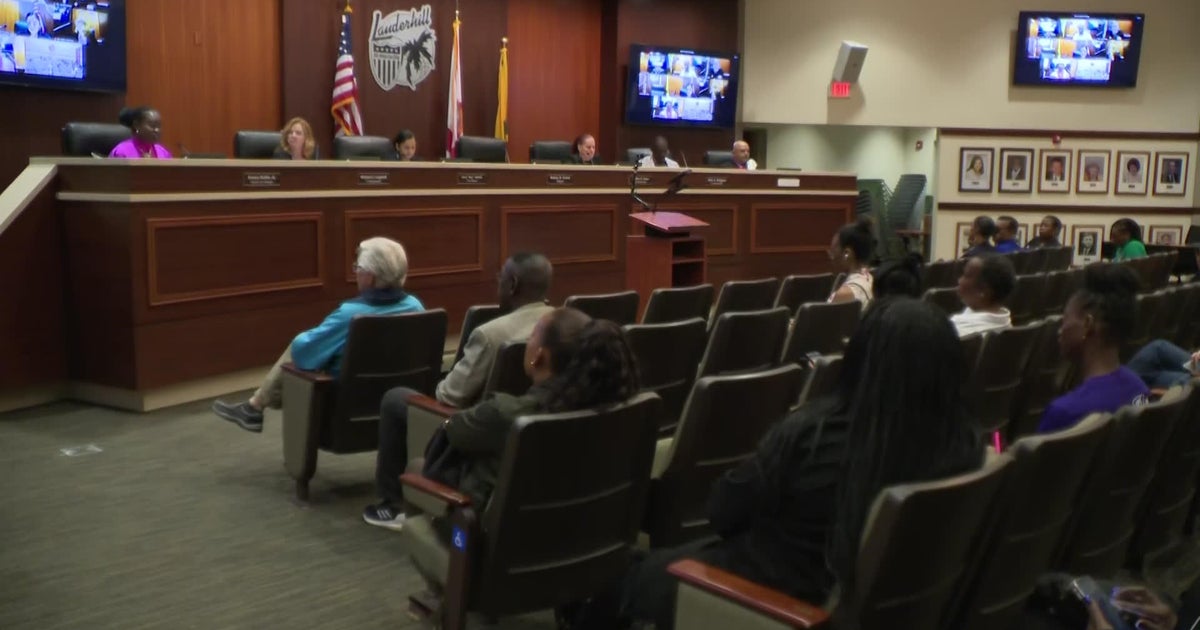Broward mosquito control workers granted US patent to fight bloodsuckers
POMPANO BEACH - If there's a mosquito around it will find Andrea Lockwood. The Pompano Beach resident lives on a canal. "They love me. I don't know what it is. My sweet blood, I guess."
Yet, this year she says the mosquitoes don't seem as bad in Broward.
"Even with the rainy season, we are able to sit out back on our patio."
Fewer bites are likely because of Broward's successful mosquito control program. The department has just received word that they've been granted a U.S. patent on their unique spraying system.
"With this system, we can spray large areas we want to treat," says inventor Adriana Toro.
Toro is a trained engineer and assistant director of the county's highway and bridge maintenance division which includes the mosquito control program.
Toro sketched her idea back in 2016 and the county began using it in 2017 successfully combatting Zika and dengue fever.
It took almost three years, but the patent was granted this week.
The process begins with mixing an environmentally friendly powder with water and then transferring the mixture into large plastic containers outfitted on dispersion trucks.
There is a turbine in the back of the truck. Through trial and error, Toro perfected the turbine to be able to produce extremely small droplets of insecticide that can be dispersed over a wide area. The process saves money because less powder is required and larger areas are reached in a shorter amount of time.
The trucks spray late at night and the mosquito insecticide reaches the back of properties. Before now, the only way to reach the back of homes was to go door to door. The new method has also cut down on the need for aerial spraying/
Toro was able to figure out a way to produce very small droplets to spread over a wider area, saving money and time.
"Without mosquito control and air conditioning we wouldn't be able to live in South Florida," said Anh Ton the division director who greenlighted the device. "We are able to save 2 and a half million dollars a year and save lives," said Ton.
Ton says it is rare for a government entity to receive a U.S. patent. "We take risks and we aren't afraid to do that," he said.
"The entire team is proud from top to bottom," agreed Toro.
The inventors won't make any money off the invention. It will be up to the county to share the technology with other South Floridia communities.




